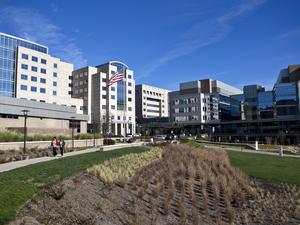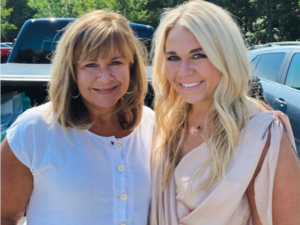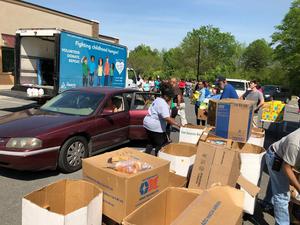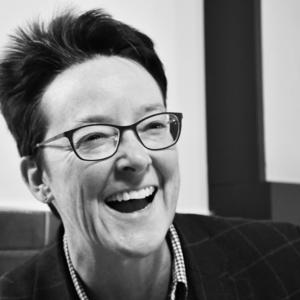A cancer diagnostics company that opened its U.S. headquarters in Research Triangle Park last summer has completed a $23 million raise ahead of the commercial launch of its first product.
Using its Asprye technology, Biofidelity is developing oncology diagnostics that aim to accelerate the detection of genomic biomarkers to help physicians put patients on targeted treatments sooner. The company plans to launch its first commercial diagnostic assay, called Aspyre-Lung, which is for lung cancer, by end of the first quarter, said Chief Commercial Officer Steve Miller.
"This is exactly what the physician needs to make a quick determination on how best to treat that patient," Miller said.
Miller, who is based in Boston, made up the company's sole U.S. presence prior to Biofidelity opening its cancer diagnostic laboratory in RTP last July. The company, founded in the United Kingdom, crossed the Atlantic to gain easier access to the U.S. health care market.
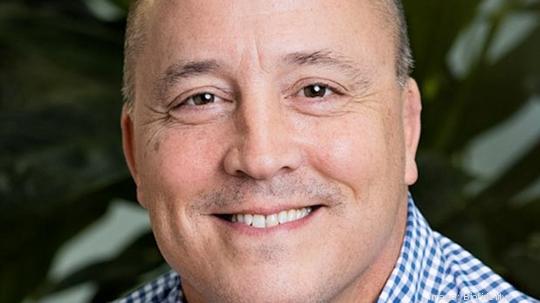
It zeroed in on RTP for the access to workforce talent, other health care companies, universities and an airport. The latter was an important factor as it allows the company to receive samples to test from physicians relatively quickly and easily.
The company has six people currently working in RTP and 10 in the U.S. By the end of the year, it plans to increase these numbers to 15 and 28, respectively, and have a global head count of 70. These jobs will be in a variety of roles as the company works to build on its upcoming launch of Asprye-Lung with other cancer diagnostics to follow.
The $23 million it recently raised, in a round that featured venture capital firms from Europe and Japan, will support this rollout of commercial operations, Miller said. And its headquarters in RTP will play a key role.
The company's U.K. lab will focus on research and development before sending a product to RTP, where the remaining development work will be completed. After that, the product will move into lab approved by the Center for Medicare and Medicaid Services for testing on human blood and tissue samples.
"The way the process would work is a physician ... will draw the blood from the patient when they're in their office," Miller said. "And then they would ... send that sample directly to our laboratory in Research Triangle Park and we would perform the testing and generate a result."
The advantage of the Biofidelity's assays, Miller said, is that they are able to produce results and identify biomarkers that can help physicians determine if their patients are candidates for targeted therapy faster than the process currently used.
Typically, this process is done through next generation sequencing, which can take a few weeks. Miller said Biofidelity's assays can turnaround results in a fraction of the time and at a fraction of the cost.
"The fact that we get these results back in one to two days is a disruption in the market," Miller said. "It's game-changing."
Biofidelity chose to focus on lung cancer with its first assay as the number of targeted therapies available to patients is higher than other types of cancer. And after this first assay, additional launches won't be too far behind. Miller said the company would ideally launch a new product every six months, although the company hasn't shared what cancer types it'll focus on next.
"I think overall we have a great opportunity to help a lot of patients and doctors with this technology," Miller said.
